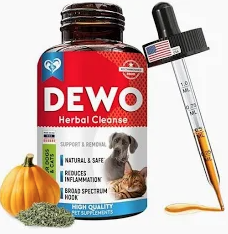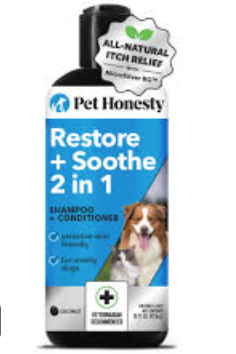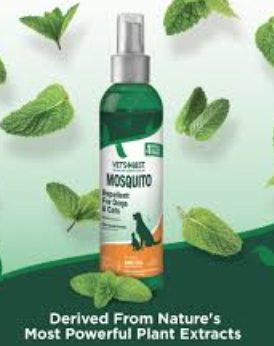Last Updated on 06/13/2025 by Kimberly
Mosquitoes might seem like pesky little insects, but they’re far from harmless when it comes to our pets. These tiny creatures are much more than just an itchy annoyance. So, are mosquitoes dangerous for pets? For cats and dogs, mosquitoes can pose serious health risks, making it crucial for pet owners to be aware and proactive. As pet owners we often wonder are mosquitoes dangerous for pets? Yes, they are, let’s dive deeper into the problems they can cause our furr babies.
Dogs are often the most affected, with heartworm being one of the major concerns spread by mosquitoes. This isn’t just a minor annoyance; heartworms can be life-threatening if not treated properly. Cats, although, less frequently, can also suffer from mosquito-borne diseases, albeit differently, often affecting different systems without the telltale heartworm.
Identifying the risks mosquitoes pose means keeping a close watch on your pet’s behavior. Lethargy, loss of appetite, and persistent coughing in dogs could be signs of heartworm disease, while cats might experience breathing issues, vomiting, or weight loss. Prompt veterinary attention can be the key to keeping your pet healthy after what appears to be just a mosquito bite.
Mosquitoes tend to favor pets as hosts due to their fur, which offers some protection and makes it easier for them to drink blood undisturbed. This can make them frequent unwilling targets, especially in areas with high mosquito populations. Understanding how mosquitoes operate can aid in crafting strategies to protect your four-legged companions effectively.
Lifecycle of a Mosquito: From Egg to Dangerous Pest
Mosquitoes have a surprisingly complex life cycle which influences how we deal with them around our pets. Understanding their lifecycle is key to cutting down their numbers and keeping pets safe. The life cycle has four main stages – egg, larva, pupa, and adult.
It all starts with the egg, which female mosquitoes lay in or near standing water. A single mosquito can lay up to 200 eggs at a time, which can hatch into larvae within about 24-48 hours. During the larva stage, they live in water, wriggling around, feeding on organic matter. This stage lasts about a week, depending on temperature and food availability.
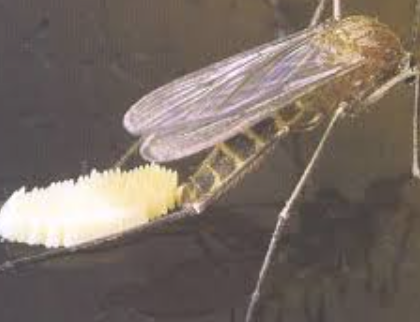
Next comes the pupa stage, the mosquito’s transitional phase, which can last a couple of days. Pupae are less active but still remain in water. After this, they develop into adult mosquitoes, ready to move to dry land, though they don’t travel far from where they hatched.
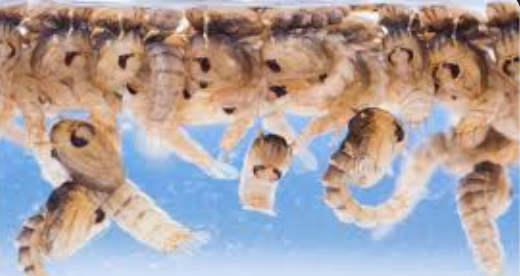
Understanding these breeding habits can be a game changer. By identifying and eliminating standing water sources where mosquitoes reproduce, like flower pots or clogged gutters, we can greatly reduce mosquito populations near our homes. If they can’t hatch, they can’t bite.
Knowing these facts helps us arm ourselves. Simple preventative steps like managing water sources not only protect our furry friends but also make our environment a lot more comfortable for everyone.
Mosquito-Borne Diseases: What Your Pets Are At Risk For
Mosquito-borne diseases are a significant threat to pets, with some species of these insects capable of transmitting harmful illnesses. For dogs, heartworm is the most notorious, a serious condition that affects the heart and lungs. This disease can be fatal if not detected and treated early. It’s a silent danger since symptoms might not be obvious until the disease has progressed.
Cats, while less commonly affected by heartworms, are not completely off the hook. They too can suffer when mosquitoes decide to take a bite. Although the heartworms usually don’t grow to maturity in cats as they do in dogs, the inflammatory response to the larvae can still cause severe health problems, including respiratory issues and even sudden death in extreme cases.
Aside from heartworms, mosquitoes can also be carriers of various forms of dermatitis and other allergic reactions. Cats and dogs can both suffer from itchy, irritated skin due to mosquito bites, leading to excessive scratching and potential infections.
Spotting these diseases early is critical. Regular veterinary visits and being observant of behavior changes in your pet can make all the difference. If your dog becomes easily fatigued or your cat starts coughing more often, it might be time for a check-up to ensure there’s nothing serious lurking beneath the surface.
These illnesses highlight just how important prevention and early detection are when it comes to mosquito-borne threats. Taking proactive steps to protect your pets can save them from pain and potentially life-threatening situations.
Preventing Mosquito Bites: Protecting Your Cats and Dogs
Protecting your pets from mosquito bites involves a mix of preventive measures and thoughtful care. One effective method is to use pet-safe mosquito repellents, ensuring they’re specifically designed for cats and dogs. These repellents often contain ingredients that are both effective and non-toxic, making them a safe choice for our furry companions.
Regular treatments such as heartworm medication are a smart preventive strategy. Consulting with your vet about the best product for your pet is key since not all animals have the same needs. Heartworm preventives don’t just treat; they can stop the infection before it takes hold.
Beyond repellents and medication, simple lifestyle changes can help reduce mosquito exposure. Keeping pets indoors during peak mosquito hours—dawn and dusk—drastically cuts down on bites. When outside, using mosquito nets on kennels or beds provides an added layer of protection.
Another proactive step is maintaining clean living spaces. Regular grooming ensures no hidden mosquitoes are lurking in your pet’s fur, while also keeping them comfortable and healthy. A clean pet is less attractive to mosquitoes than their dirty counterparts.
The right combination of repellents, preventive treatments, and environmental adjustments can effectively shield your pets from the risks posed by these tiny pests. Taking these steps not only enhances your pet’s safety but also your peace of mind.
Securing Your Outdoor Spaces: Minimizing Mosquito Breeding
To truly keep mosquitoes at bay, reducing their breeding grounds around your home is essential. It starts with scrutinizing your yard for standing water, a favorite spot for mosquitoes to lay eggs. Common culprits include everything from clogged gutters to neglected plant pots and even kids’ toys left outside.
Taking up landscaping adjustments can make a big difference too. Plant mosquito-repelling greenery like marigolds or citronella around your yard. These natural repellents can deter mosquitoes while adding beauty to your space.
Using technological aids is another tactic worth considering. Devices that emit low-frequency sounds or release nontoxic insecticides can be quite effective. Setting these up on patios or backyards ensures your space remains a mosquito-free zone.
Regular maintenance like mowing lawns and trimming bushes also contributes to reducing mosquito habitats. Tall grasses and dense bushes provide shade and moisture, making them perfect mosquito hideouts.
Armed with these prevention techniques, you create an environment where mosquitoes find it hard to thrive. Your pets can enjoy outdoor time more safely, and you can enjoy peace of mind knowing you’ve done your part in mosquito control.
In Conclusion To: Are Mosquitoes Dangerous For Pets?
Mosquitoes carry unseen threats to our pets just like fleas and ticks. Starting with a pet safe mosquito repellent along with proper lawn care, ensuring that you don’t have dirty standing water around areas your pets occupy, is the best first step to prevention of any diseases they may get.
Many people ask if the pool water is a nesting place for mosquitoes, well, if the water is dirty and stagnent it can be a poetential breeding ground. However, if your pool is clean and maintained there may be some mosquitoes around, but it’s not ideal for breeding.
If you have any suggestions that could help others prevent mosquito problems, please share them in the comment section below. If you have any questions about mosquito problems with your pets that isn’t answered in this article, please leave your questions in the comments section below as well.
Thank you for visiting Fleas B Gone 🙂

